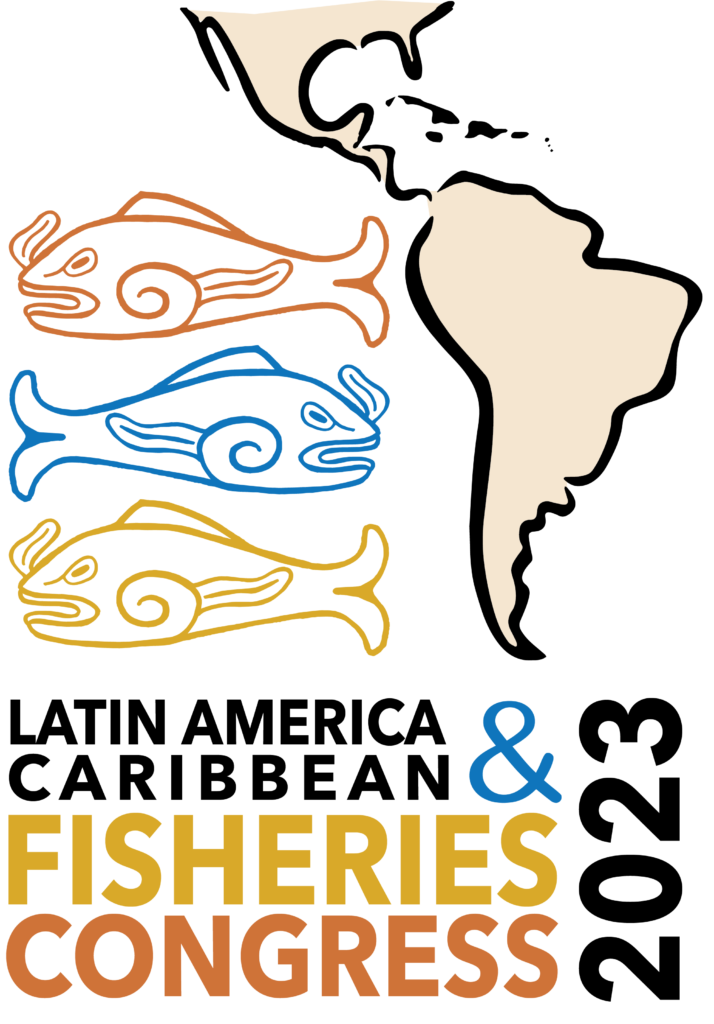Latin America and the Caribbean is a region with abundant inland water resources and associated ecosystems, which deliver a range of important ecosystem services, including inland fisheries which provides food and nutrition, to the riparian populations. Data and information about these fisheries are sparse and scattered in most of the countries. In this session an updated review of the characteristics and status of inland fisheries of the countries in Latin America and the Caribbean will be presented and discussed. The document analyzes the trends in the fisheries, the quality of the available information, the social and economic value of fisheries resources and their contribution to food security and nutrition and poverty alleviation. It also describes the legal and management frameworks for inland fisheries, the value chain, and the value of other fishing activities such as ornamental and sport-recreational fisheries.
Organized by:
- Claudio Baigun, cbaigun@gmail.com
- John Jorgensen, John.Jorgensen@fao.org

